Isn’t it incredible to realize that one day, we will have to explain the COVID years to someone who didn’t live through it?! I think this will be particularly difficult for most of us.
Processing any difficult event requires we revisit it when things begin to feel more normal. We loop back to think (or journal or talk) through what happened. But, most of us don’t talk about what COVID-19 was like in the horrible days. We don’t revisit how the regulations, the mandates, the timeframe mounted and kept us isolated. And this silence keeps us from knowing ourselves and the history through which we’ve just lived.
To inspire you to begin reflecting, for the sake of growing our capacity to heal, let me share why I believe we avoid the darkness of the COVID years. Perhaps looking at these reasons will encourage you to continue processing with friends, family, and even along with me.
Bright Blindness
I’ve noticed an avoidance pattern that isn’t just politeness; it’s more a bright blindness, a shiny, cheery I-made-yogurt-during-COVID-isn’t-that-cool attitude. This positivity conceals a studied refusal to talk about how long someone wore pajamas and couldn’t care properly for themselves. In fact, this studied avoidance is a lot like the way people act in abusive relationships.
Now wait, is Jonalyn saying that living through COVID regulations was like living in an abusive relationship?
Let’s start with our language. How many times have you heard, maybe you’ve even said it, “When COVID hit.” We’re treating COVID as if it hit us, punched our whole world in the gut. That one little word “hit” packs a punch of meaning. Something hit us. Was it the disease? The mandates? The enforced social distancing? What hit us?
I know people talk about the COVID years, but they are either positive or they use “conversation-stopping” words. They share enthusiastically how they learned how to garden, or got their puppy, or how they turned those isolated days into creative YouTube exploration. But very few people are talking at length about how COVID years and regulation damaged and changed them. I spoke with a new doctor recently who admitted COVID changed us. That’s about as far as people go. I asked her, “What did you see?”
“Oh, the anxiety was just huge.” She then changed the subject.
So, let’s start there. The fear, the bewilderment, the anxiety. These were all silent companions while “COVID hit”. To unpack these words, let me share why it concerns me that we hush ourselves up. We are self-editing and it reminds me of something insidious.
I believe there are four major reasons, all familiar to abuse survivors, why we don’t want to face what COVID did. Let me list them and see if you identify with any. We do not share about the badness of COVID in our lives because . . .
- We don’t want to admit we were duped. And all of us were duped at some level.
- We don’t want to admit we were wrong. So much data to make so many neat slogans “Masks save lives” + “Vaccines save lives” + “Two weeks to flatten the curve + “Only essential workers can leave their homes.” But now we have enough data to realize that all sides (pro or anti masking & pro or anti vaccine) did not know enough.
- We are afraid to lose trust in the institutions that we trusted. Facing that healthcare or world health or even our local doctors and nurses could be corrupt or just plain wrong scares many of us. If you cannot trust your doctor, who can you trust?
- We are afraid we will lose out on goodies from the Power Brokers. So we don’t critique or discuss or even ask a simple question, especially not on social media. Many of us have gone to dark social (talking offline where computers cannot track our conversations). The powers of this present darkness own too much gold, they’re “too big to fail” and so we don’t question them. We stuff it all inside, deep down where it never goes away. Didn’t Princess Uni-Kitty teach us anything? It squeezes out like play-dough in the form of “mental health issues”.
Any therapist worth their salt will tell you these four reasons are a recipe for depression, self-mutilation, eating disorders, anxiety, suicide, and many more pits of death. If you study family counseling you’ll find that these four dominate abusive relationships and domestic violence situations as well.
- She doesn’t want to admit she’s been duped in her husband.
- She doesn’t want to admit she chose the wrong person.
- She’s afraid to lose her trust in the institutions that supported her to make this marriage.
- She’s afraid she’ll lose out on the goodies from her marriage: their kids, their house, their lifestyle, their social standing. It’s too big to fail, so she stuffs it down.
Ending the Silence
How do we break out? We speak the unspeakable. We tell the untold stories. We need to be the people to share the stories of what COVID-19 years did to us. I’m collecting those stories and working them into paintings to speak the untold stories of suffering during COVID-19. I’m painting these moments and beginning to gather them into an exhibition for the public here in Exeter, New Hampshire for July 2023.
Would you like to help me build this place of safety to talk about how COVID hit us? If so, here are four ways you can help.
- Forward this email to others you know suffered during COVID-19, so they can offer ideas.
- Share your untold stories or pictures of grief by responding in the comments or emailing me personally (<<hello@jonalynfincher.com>>).
- Offer suggestions of what stories need telling. I am looking for more ideas and painting references. Follow me on Instagram or Facebook and message me there if it’s easier.
- Commit to praying for me as I need wisdom and courage to paint accurately what I believe is missing in the COVID narrative. This discernment is particularly important as I field suggestions and ideas.
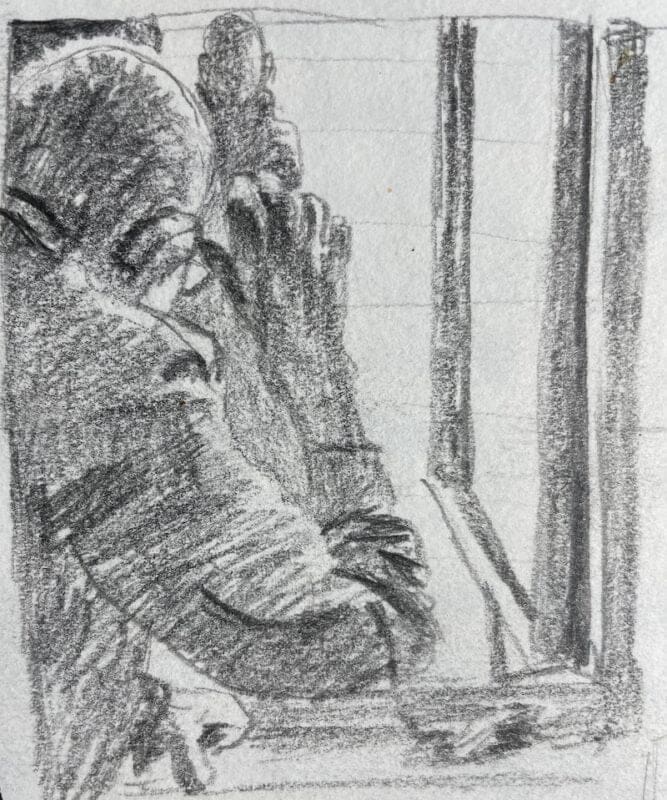
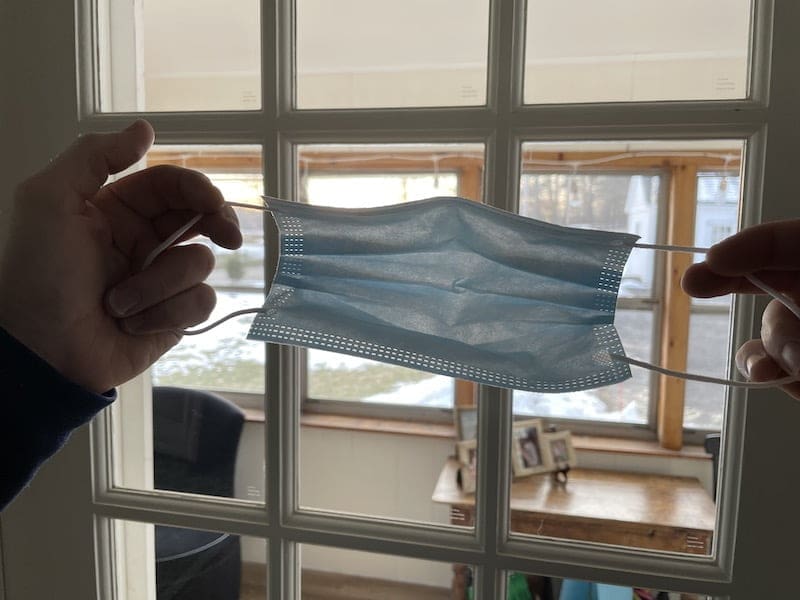

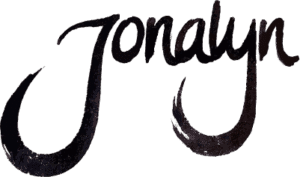
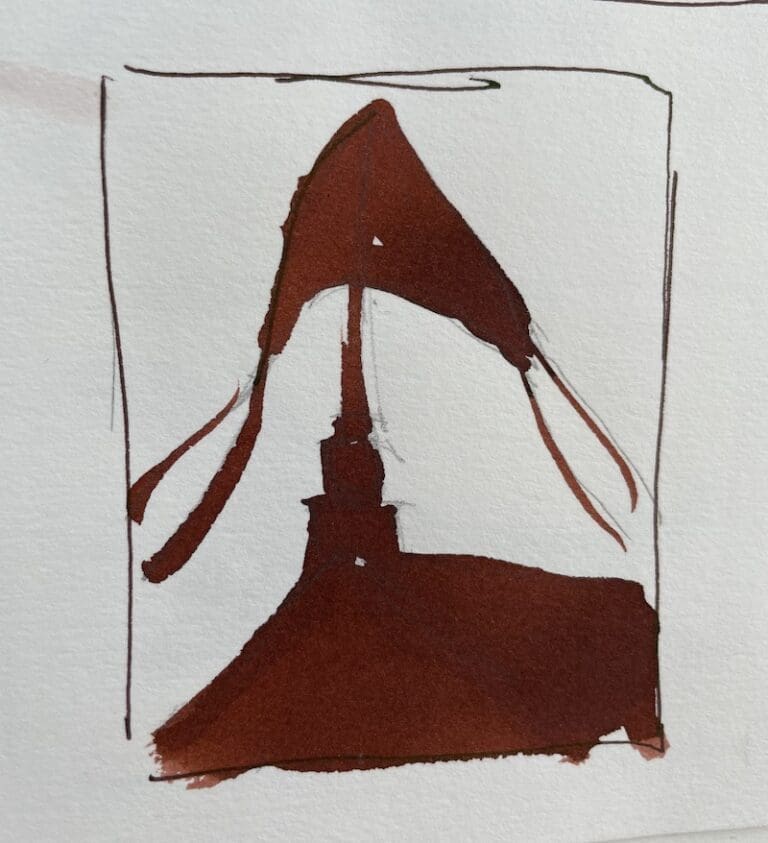
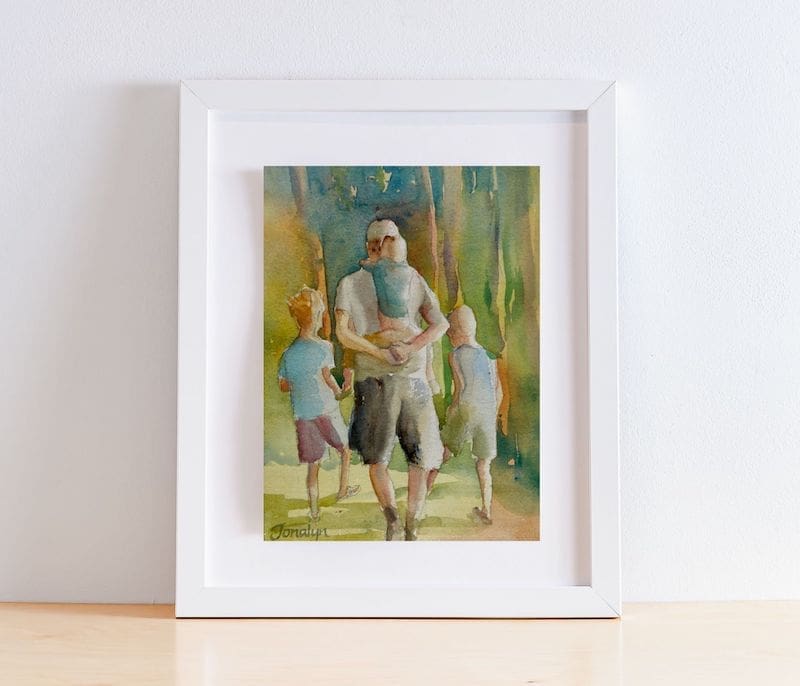

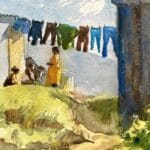
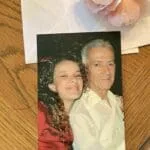
4 Responses
I have so many things I would tell you! I wonder how I could give you a few of the general stories and see which ones, if any are the sorts of stories you are looking for. I would want to be anonymous for most of them though, I think.
Thank you for being willing to consider sharing!
I think the most important part of this process has been the personal nature of our stories. I’d be glad to invite you to press into any specific stories of what you saw that rocked you, encouraged you, stuck with you. Those personal stories (not really the general ones) are the ones that have not been told. So if any come to mind that you witnessed, please don’t hesitate to email me (if you prefer to keep it private). Or you can comment here, too! I know commenting publicly helps others realize what is welcome.
Yes! Good distinction! They are all personal stories. And most I am not prepared to share online. I meant that I will try to give you a general idea of each story, all personal, to see if they are the sort you are seeking for your work.
As I sort them out, I will see what might be appropriate for online sharing.
Thanks, Erin, for taking time to sort them. I’ll look forward to any stories you’d like to share!